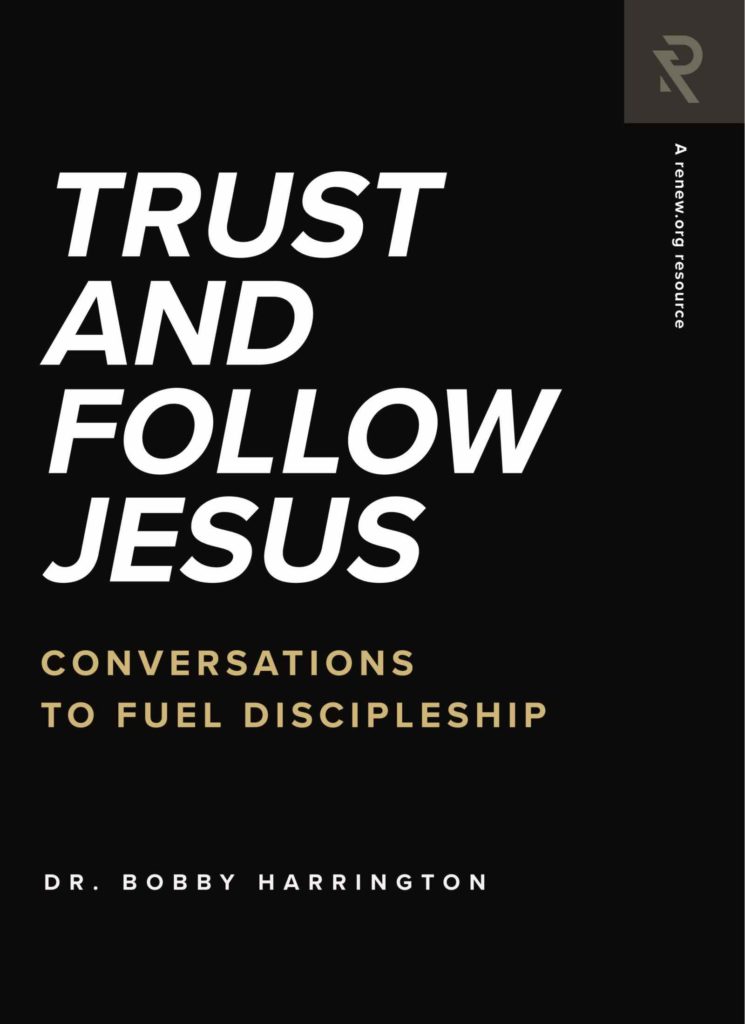
The Surprising Layers of a Genealogy
I started copying the Bible by hand, beginning with Genesis. I write the verses on the right side of a notebook and any thoughts, questions, or responses I have on the left side. I’d like to someday have written the whole Bible out.
There are 31,102 verses in the Bible, so if I write five verses one hundred and fifty days out of the year, I could theoretically copy the whole Bible in about forty-one years. Still, I’m the kind of person who gets overwhelmed, so I’m trying to not overthink the process. I’m taking this journey piecemeal, starting with book one, recognizing that every verse I write has value regardless of whether I finish the chapter, book, or testament someday.
I’m doing this because I needed a change of pace in my Bible reading. I’m quite familiar with the Bible. I’m the son of missionary parents who stressed the importance of Scripture. I can’t say actually how many times I’ve been through the Bible in total. I know I’d read it three times in its entirety by the time I finished high school, and that I’ve listened to it entirely in audiobook format each of the last three years.
Taking out the magnifying glass, as it were, and focusing small seems a good next step.
So I’ve started with Genesis. I finished writing chapter 5 today, and the way writing by hand is changing how I engage with Scripture is fascinating. There’s more to these stories if Christians will just slow down and study them. Take the genealogy in Genesis 5, for example (after all, I tend to roll my eyes at genealogies):
- Adam lives 130 years before Seth is born and Adam dies at 930.
- Seth lives 105 years before Enosh is born and Seth dies at 912.
- Enosh lives 90 years before Kenan is born and Enosh dies at 905.
- Kenan lives 70 years before Mahalalel is born Kenan and dies at 910.
- Mahalalel lives 65 years before Jared is born and Mahalalel dies at 895.
- Jared lives 162 years before Enoch is born and Jared dies at 962.
- Enoch lives 65 years before Methuselah is born and God takes him away at 365.
- Methuselah lives 187 years before Lamech is born and Methuselah dies at 969.
- Lamech lives 182 years before Noah is born and Lamech dies at 777.
- Noah lives 500 years before Shem, Ham, and Japheth are born. Noah builds the ark for 100 years (7:11). Then he lives an additional three hundred and fifty years (9:28-29).
Here are some old observations of mine:
- People used to live far longer, which implies some major changes between then and now, perhaps environmental or in our human biology.
- Enoch is one of only two Biblical characters who didn’t die, Elijah being the other.
In the last week, however, seemingly every time I look at this genealogy, I see something new.
Here are the new observations I’ve only recently put together:
- Cain is not listed as Adam’s firstborn and neither is Abel. Cain killed Abel, and so neither are included in the genealogy. Rather the descent dismisses Cain and follows his younger brother Seth.
- Based on this pattern, Noah also likely had sons before Sham, Ham, and Japheth. However, they are not included because they did not accompany Noah on the ark.
- Noah’s father Lamech dies five years before the flood.
- Noah’s grandfather Methuselah presumably died in the flood.
The implications here are both profound and sobering.
The Bible’s earliest parents fail to pass on their faith to their children at an alarming rate. Cain disregards God’s warning, kills his brother Abel, and goes into exile. Enoch seemingly fails to pass on his faith to Methuselah. And Noah’s earlier children along with Methuselah ignore one hundred years of warning while Noah builds the ark.
This whole scenario could explain Noah’s drunkenness in Genesis 9:20-27. Perhaps Noah was so haunted by the flood and his own inability to persuade some of his own children and his grandfather that he turned to alcohol, in which case his drinking falls more in line with Proverbs 31:6 (“Give strong drink to the one who is perishing, and wine to those in bitter distress”). This reveals Noah as a tragic figure and would make his turn in chapter 9 more understandable.
Obviously none of this is explicitly stated, but as someone who loves literature and who writes, I believe this kind of subtlety and nuance is part of what makes good literature.
Excellent books have depth, which is why readers return to them again and again and again. Each subsequent journey expands the reader’s understanding. The same is true of the Bible.
(For more from Luke, check out postjadedmk.com.)









